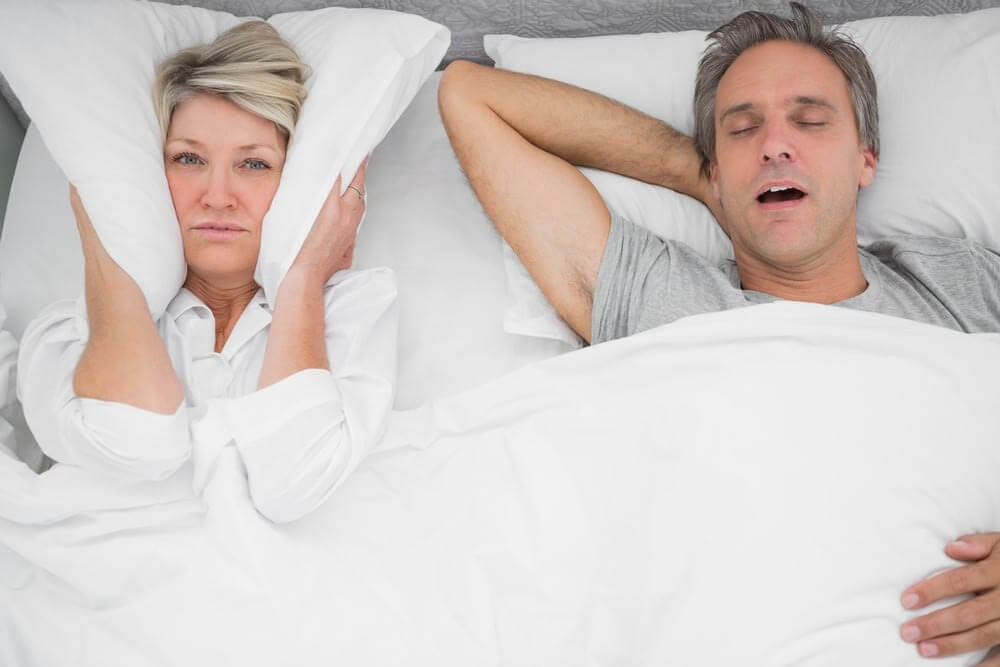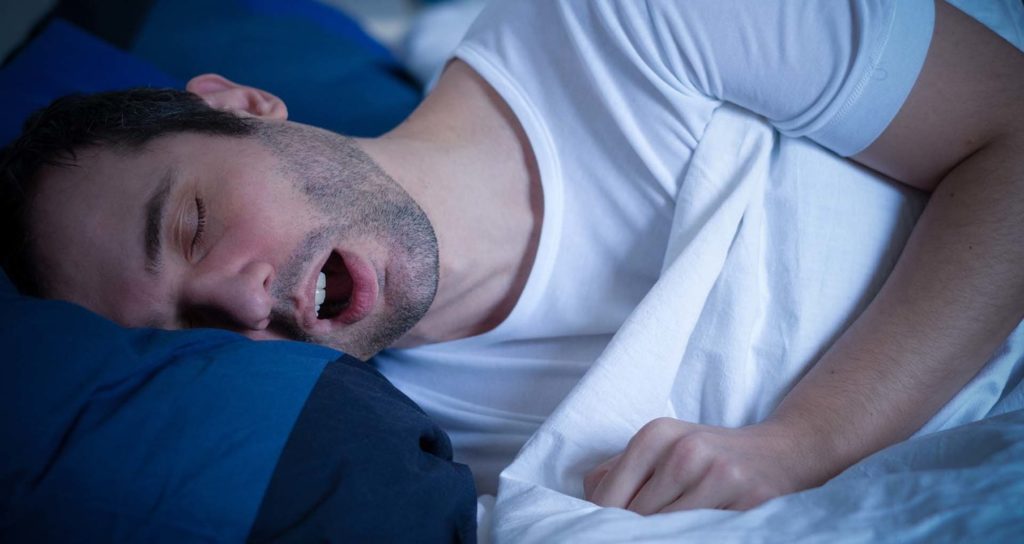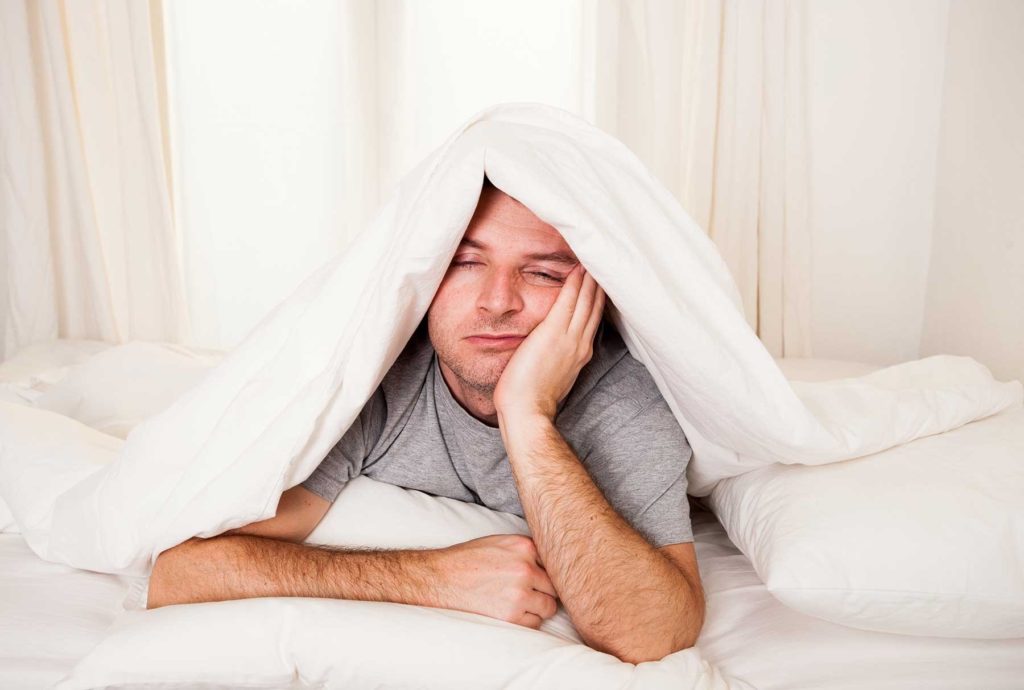Researchers bring proof of the link between sleep apnea and genetic components through various studies conducted on the same. The researchers say that this link is quite stronger than we think to cause serious sleep disorders, especially apnea.
Even Though there are many factors that can lead someone to the condition of sleep apnea, some of the most common reasons can be connected with genetics or hereditary. As per the reports, having a family history of serious conditions should be discussed with physicians when someone seeks proper treatment for sleep apnea. And those conditions can be anything like type 2 diabetes, high blood pressure, heart disease, or endocrine or metabolic disorders.
Recent Research Confirms Link Between Sleep Apnea And Genetics
Some of the researchers suggest that loud snoring, daytime sleepiness (even after a full night’s sleep), morning headaches, lack of energy, or depression can turn out to be the symptoms of sleep apnea, even if the patient is unaware of it. So, in case these symptoms last for a long time, it clearly indicates that it’s time to seek medical help immediately.

According to one of the reports, the most common genetically inherited factors that can lead someone to be the victim of sleep apnea include physical traits. Those are the shape of a person’s face, as well as skull, the way in which someone’s upper airway muscles are situated, or the body fat content, distribution, and the like. The report continues with a remark that having any of these traits is enough to make the person be more prone to sleep apnea.
Researchers also shared their anxiety that obesity has become a common issue in the U.S which is also found due to hereditary related factors. Besides, most of the patients who come to the clinics every day to get rid of sleep disorders are reported to be obese or overweight. There is also a remarkable number of cases in which the patients have at least one member in their families to suffer from the same conditions.
Although genetics and heredity have a key role in eventually leading a person to the state of sleep apnea, researchers say that there is little evidence to show every sleep apnea case has occurred due to a sole cause. Because it could be due to a mix of other factors like the health of a person as well as lifestyle practices which he follows every day. In the same way, if the person experiences any of the symptoms that are mentioned above, one cannot say it is due to sleep apnea without seeking medical confirmation.
The important thing, the study authors uniformly said, is that patients who suffer from sleep apnea may or may not be snoring while sleeping. So it is not logical to consider snoring solely to confirm the condition. Whereas the experts say, they should watch out for issues like fatigue, irritations, or sleepiness especially when those occur after a long night of sleep. If they experience any, they should see a doctor take immediate action.
Sleep Apnea: Common Information
This potentially serious sleep disorder can be identified if someone experiences breathing difficulties during sleep. If there are repeated stops and starts, loud snoring, or fatigue after having a full night’s sleep, it could be due to sleep apnea.
Researchers put emphasis on that there are three main types of sleep apnea as per the causes that lead to the conditions.

A person can experience obstructive sleep apnea, while their throat muscles relax. The researchers say that this is the more common form and happens due to narrowing of the airway or when it closes while you breathe in. This occurs when the person doesn’t get enough air, leading to critically lower oxygen levels in the blood. The study reports indicate that this will cause a sudden rise from sleep as the brain senses the condition, and immediately wants to restore the oxygen flow. Through which the person can experience snort, choke or gasp and chances are great that this pattern would repeat up to 30 times or more every hour or even all night.
Constant repetition of this will impair the ability to reach the deep and restful phases of sleep. As a result, the person will not get any quality sleep which will bring extreme fatigue, sleepiness, headache, or stress.
The Risk Factors involved with Obstructive sleep apnea include excess weight, neck circumference, age, consumption of alcohols, sedatives, or tranquilizers, smoking, congestion in the nose, or even other medical conditions.
Another way in which people experience sleep apnea occurs when the brain fails to send proper signals to the muscles that control breathing. This condition is known as central sleep apnea which is the least common among all three. The major complications related to this condition are shortness of breath or having difficulty getting to sleep or staying awake.

Surveys and studies show that this condition is also seen in people of any age group, or even in children. Central sleep apnea can be experienced due to certain factors like age, medical conditions, heart disorders, certain medication, etc. but most commonly men are more prone to suffer from it.
The third form of sleep apnea will take place when the patient experiences both of the other types of sleep apnea, which is called Complex sleep apnea syndrome.
Diagnose
Sleep apnea is diagnosed based on the symptoms that are experienced by the patient. But it requires collecting a lot of information regarding what happens while the patient is asleep. So, for a proper diagnosis of the condition, it is necessary to seek the help of the person who usually sleeps next to the patient. Normally, the evaluation is done by a sleep specialist, who will conduct overnight monitoring either at the patient’s home or at a sleep center. And this will help the physician to gather information regarding heart rate, oxygen level, breathing patterns, and other vital signs.
All these are necessary to confirm whether the patient has sleep apnea, and if so, which type he is suffering with. This will also help them to find the exact reason behind the condition and provide proper care.